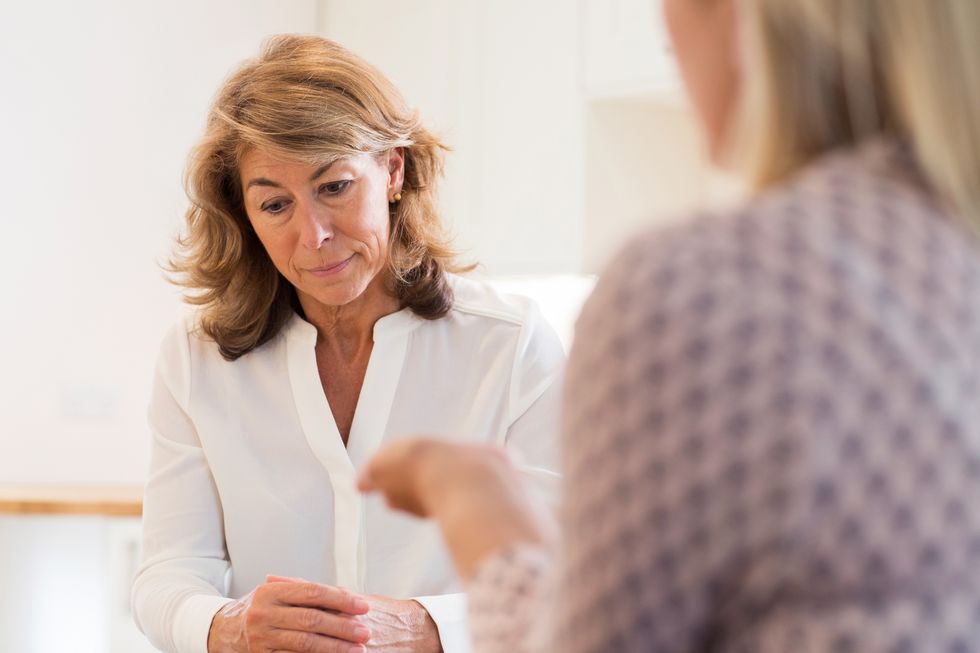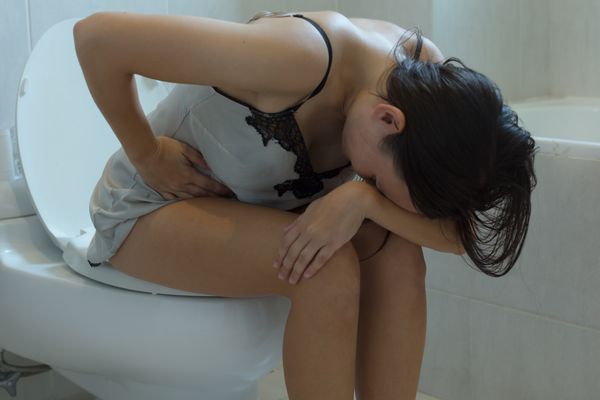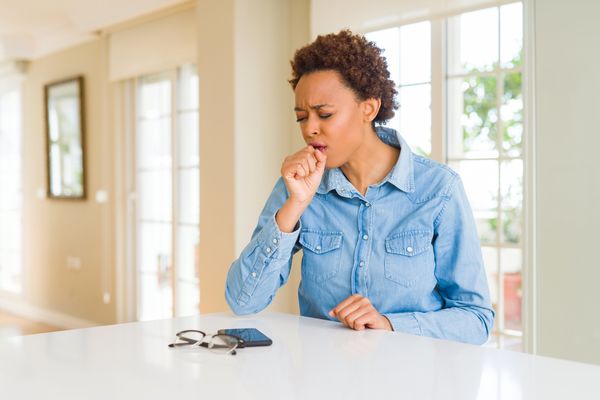By Sherrie Palm, for Women's Health Foundation
One day as I watched my two dogs run in a north woods meadow, I reflected on how similar yet how completely unique they are from each other. They both run freely there, expending built-up dog energy. They both radiate joy at the freedom they experience in an open meadow. They both sleep like puppies when they get lots of exercise. In some aspects, they couldn't be more alike.
But they also act completely different from each other, both mutts from different mongrel parents. Their personalities are planes apart—one calm, affectionate, docile to the point of being needy; the other all spark, independent, couldn't care less if you pet her or not.
While letting them roam free during one of our walks I noted how dissimilar their bowel habits are. One is as regular as could be; you could set a clock by her. The other has continual bowel issues, plagued by a lazy bowel that is the result of three courses of antibiotics to kill off a bad bacterial infection that she incurred before being taken to the dog rescue where I found her.
I got to thinking how much they remind me of how similar yet unique we women are. Yes, we all have the same parts. Yes, those of us who are members of the pelvic organ prolapse (POP) club often have symptoms that can be classified as "typical." But within each of our very specific, unique dynamics are subtleties that make finding the answers that will help all women who suffer with pelvic organ prolapse difficult to pinpoint.
Countless women suffer with urinary incontinence. Immeasurable scores of women endure chronic constipation. The pockets of women dealing with painful intercourse or lack of sexual sensation are larger than studies reveal. Pain is as unique from woman to woman as the structures of our faces.
When women discover tissues bulging from their vaginas, they believe it is some weird anomaly happening to just them—it's not. The symptoms of pelvic organ prolapse are diverse. Because there are five types of POP with four grades of severity, and women can have any or all five types, the symptoms vary from woman to woman.
This makes it more difficult to nail down what issues are most vital to address in studies. Obviously, the issues of concern to each individual woman are related to what she is experiencing.
The most important aspect to keep in mind as we shift the recognition and knowledge base of pelvic organ prolapse forward is that all symptoms matter, and we do ourselves a great disservice when we don't share what we know with others.
POP is still so hugely in the closet. I become extremely frustrated when I speak with individuals who feel women know about POP—they typically don't until after the fact. It's up to us to change that dynamic.
If every woman who experiences and is treated for POP, whether surgically or nonsurgically, shares her experience with at least three other women, the behind-closed-doors dynamic will shift. I talk about POP every chance I get with anyone who is the least bit interested. I nearly always get the same reaction from women: They have never heard of pelvic organ prolapse.
As we work together to change the dynamic, we'll take an extremely common health condition out of the closet and assist our sisters in a proactive path that will enable more women to recognize the symptoms of pelvic organ prolapse.
Sherrie Palm is the founder, CEO and executive director of the Association for Pelvic Organ Prolapse Support, a nonprofit foundation for pelvic organ prolapse support. She is also author of Pelvic Organ Prolapse: The Silent Epidemic, and a key opinion leader on pelvic organ prolapse. As a women's pelvic floor health advocate, she devotes her time to establishing recognition of pelvic organ prolapse and providing support pathways for women in various stages of POP. For relaxation Sherrie enjoys spending time in the woods and meadows of northern Wisconsin, walking with her dogs and taking digital photos of nature. For more info about APOPS or Sherrie Palm, visit Pelvic Organ Support.







